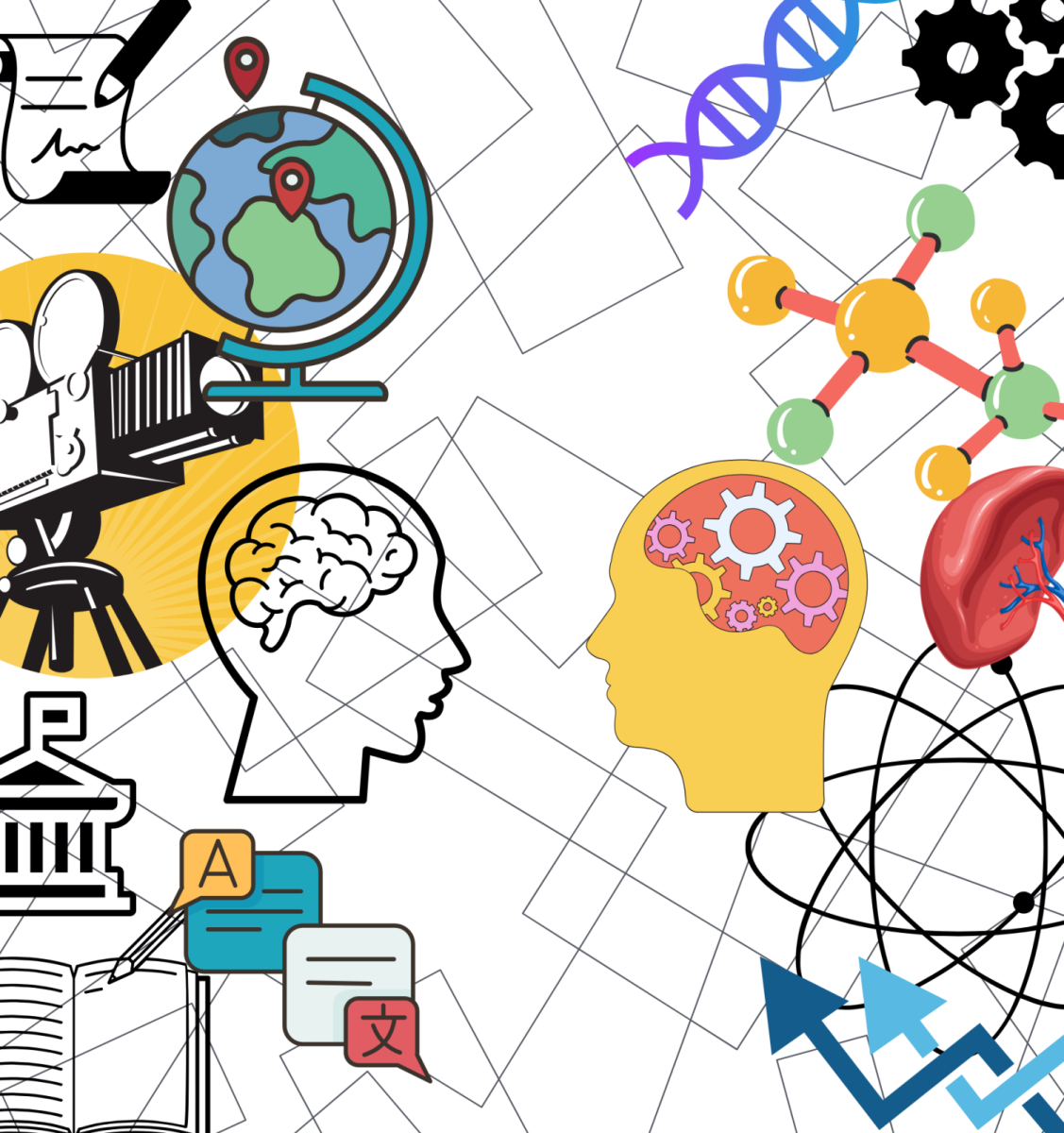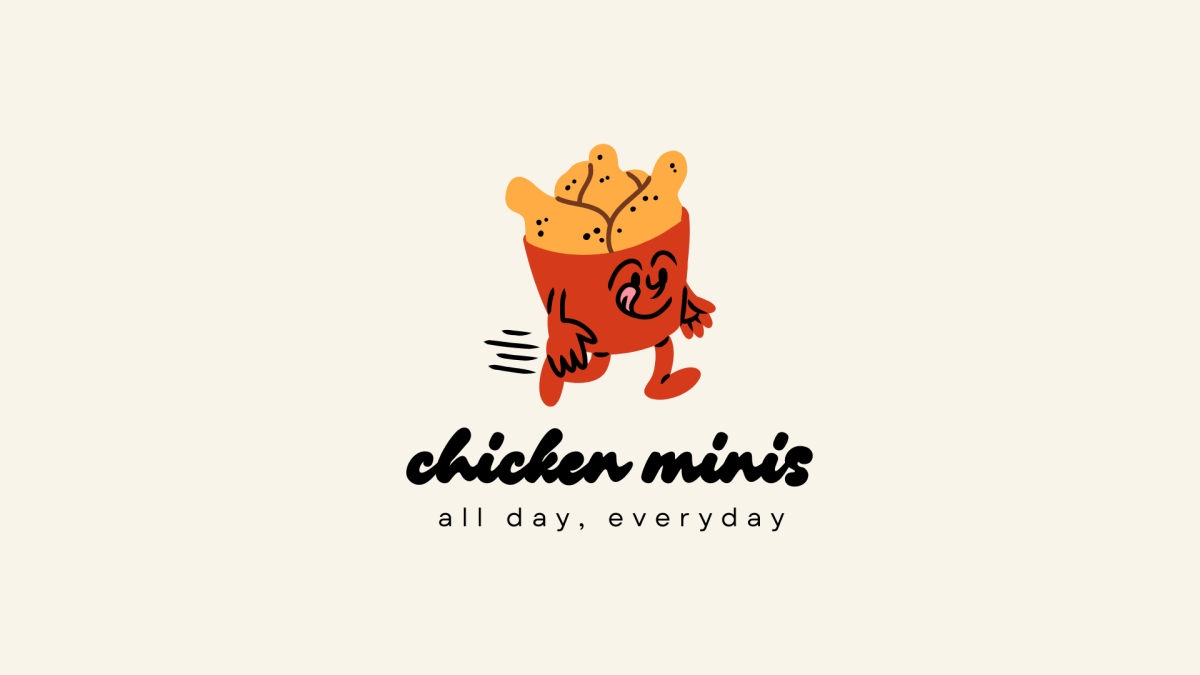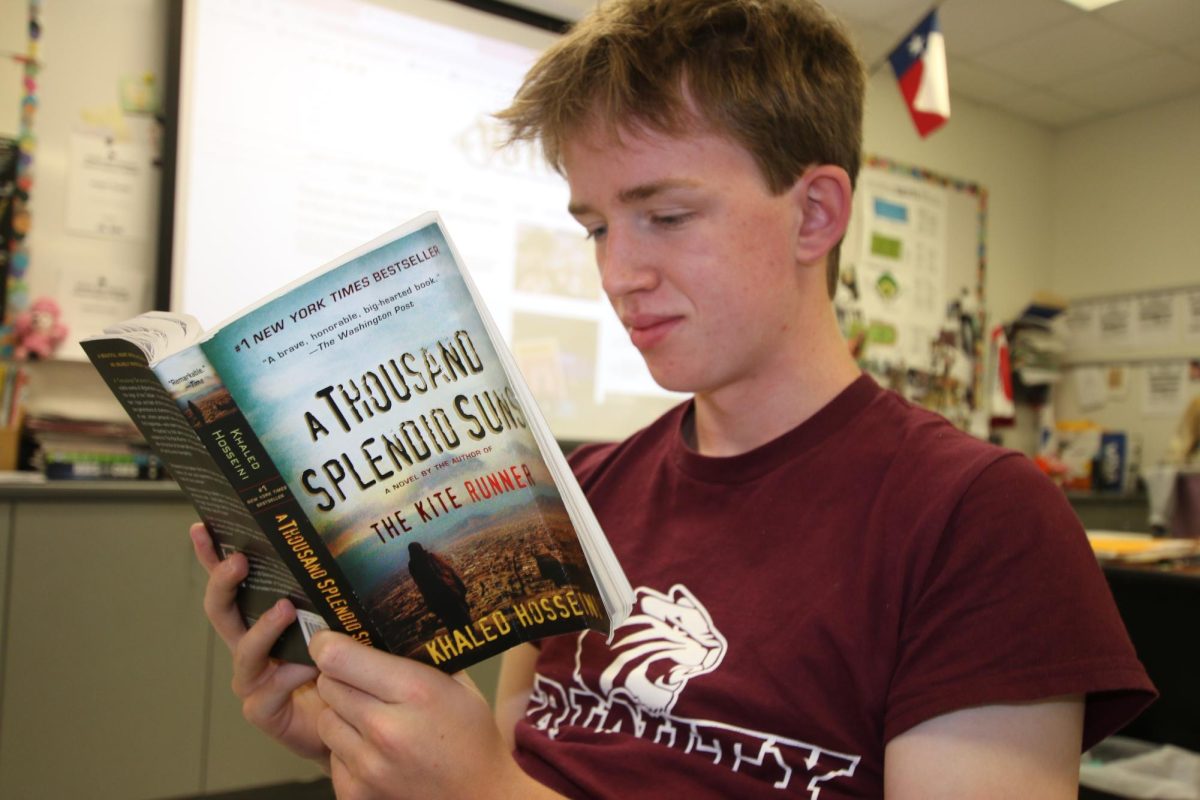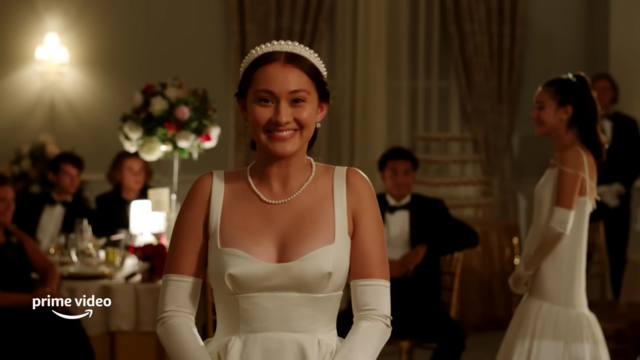Consider your close circle. Your extended circle, all of the high schoolers you know. How many of them plan to major in engineering, business, biology, or something adjacent? How many of them want to be doctors, engineers, marketers?
Now consider how many aspiring English majors you know. Art History majors? Foreign language majors? Film majors even? There probably aren’t many of them. The fact of the matter is, enrollment in the humanities and other creative degrees in higher education has been on the decline for decades.
At our school, the culture is overwhelmingly centered around business and especially STEM, which consists of science, technology, engineering, and mathematics. This is reinforced by both factors internal to the school and in the external world. At our school, we have the option to take Austin Community College dual credit classes. Though it isn’t explicitly stated, ACC is framed as a means by which students can get their graduation requirements out of the way, with classes twice a week, off campus, or completely asynchronous. This wouldn’t be a problem if the only available classes for dual credit weren’t english and social studies. Why can’t we take math or science through ACC, and get those out of the way? The message is clear: shove the humanities to the side so you can focus on what really matters, your STEM classes. Huge levels of additional sciences and math, from AB Calculus to Physics C to Medical Microbiology are offered, which overshadow classes such as AP European History or even AP English. It’s not that these classes aren’t well implemented, or that no one takes them — they have students, but they’re treated by many as mere resume fluff to boost chances of getting into a better college.
Nowhere is the disregard in our school for humanities more explicit than in the foreign language department. Foreign language classes are almost universally despised by the students who take them (in my experience), but that’s because there’s hardly any standardized curriculum around them, with class difficulty, the quality of instruction, and material taught varying wildly from teacher to teacher. There’s overwhelming evidence that those who know more languages understand the world better, so this is a real shame.
Additionally, the culture around extracurriculars as “good for college” rather than “good for students”, while not the school’s fault, is harmful. Theater, robotics, band, academic clubs, and even volunteering are all treated as another bullet point on an application. Not to say these programs aren’t excellent, because they are, from their funding to the attention they receive from the school. It’s the culture surrounding them that can be a problem. How many students in these programs will continue the activity after high school? Presumably not many.
I wanted to get perspectives from others on this issue, both from a STEM major and an aspiring creative.
“I want to do medicine as a career in my future, maybe surgery,” senior Aidan Borlet said. “It’s a clear career path. It’s not going to go away, [or] get impacted by AI or other automation.”
The motivations between these two types vary greatly.
“I’m pursuing animation in college,” senior Avery Polk said. “Hopefully someday, my goal is to pitch a show to a network. I like expressing stories, I’m a big storyteller.”
Much of what guides our future life path is governed by a much greater issue — the changing role of higher education. Though the original role of academia was to encourage scholarship, college in the modern world is seen by many as a glorified job factory. People go to college to get a degree that will lead directly to a career, and so degrees in the (decidedly more abstract) humanities and arts are considered a poor choice. A primary driver for this would, of course, be the rapidly increasing price of college tuition, well surpassing inflation. Despite the possibility for financial aid or scholarships, the price is still too high for a college education to be seen as anything but an investment in future career success for most.
“In a way, wouldn’t it be nice if money wasn’t a consideration?” Borlet said. “Obviously, I think humanities careers are truly important to culture and society. But the way it’s set up, the average person is not going to be super likely to make it in humanities.”
I don’t mean to reduce the value of STEM careers, far from it, in fact. Science and technology have the potential to vastly improve the world in almost every aspect. Technology is in its simplest terms, a “man made solution to a problem.” In the 21st century, we benefit every day from technological and scientific miracles. That said, however, advances in technology must be accompanied by a sense of ethics and morality that can only be found in the humanities. Instead, science is getting closer to the corporate world.
The current wave of AI advancement is a prime example of this — those developing it are not taking the necessary steps to ensure it is integrated into society in a beneficial way, and it has the potential to trample over our current structure, especially in the arts, if it is implemented irresponsibly. The current state of Silicon Valley, the tech world as a whole, and big businesses represents an emphasis on growth and greed; on quarterly figures and stock prices over integrity.
“[AI] is absolutely a concern, especially in the animation industry,” Polk said. “Greedy companies are big on cutting costs. Jobs are at a serious stake at the moment.”
The future of creative and writing-based careers appears more and more uncertain every day. This is concerning, because a world that doesn’t value books, music, or movies isn’t one I, or likely many others, would want to live in. Neither would I want to live in a world that has abandoned any sense of ethics or historical precedent in favor of personal gain.
When I first heard the acronym “STEAM”, adding arts to the STEM acronym, I didn’t understand it. After all, the arts had nothing to do with anything else in the acronym, but I’m increasingly thinking that they do, and should continue to. Though there’s perhaps nothing to be done about the reduction in liberal arts careers, that doesn’t mean the humanities have to be abandoned. They are still important fields of study that ought to be integrated more closely in every student’s education, both in high school and college. As filmmaker George Lucas put it, “The sciences are the ‘how’ and the humanities are the ‘why’. I don’t think you can have the ‘how’ without the ‘why’.”















